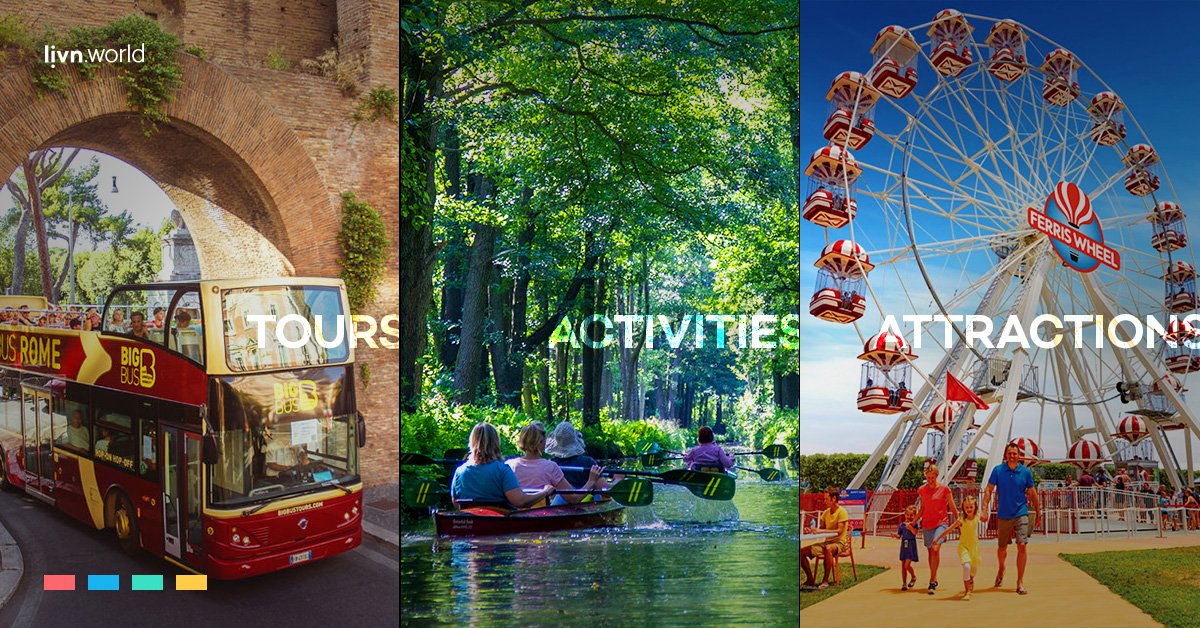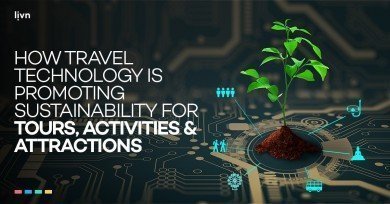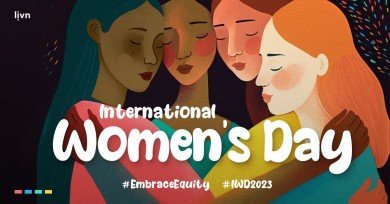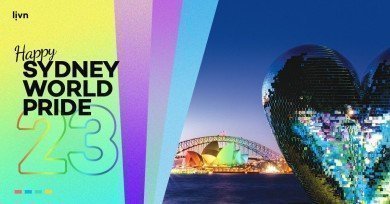Tours, activities and attractions are often bundled together under one ‘umbrella’ term, but as one of the fastest-growing sectors in the travel industry, many don’t realise they are not the same thing.
As 47% of travellers in 2021 move towards booking their tickets online and operators attempt to stand out, we wanted to share what the difference is in these travel products, and how operators differ in these vectors.
Tours
Tour operators provide a journey or route to showcase a destination and educate travellers along the way. This could be a general tourist hotspot location or a hyper-specific themed tour on a single street. Tours are an excellent opportunity for operators to add value for travellers by collaborating with local businesses.
The perfect example would be to incorporate some street food vendors, local restaurants, or cafés into the tour. This strategic partnership can have high returns and provides additional value to the traveller.
Typical
examples of tours include:
- Sightseeing tours: This usually involves visiting the most famous cultural sites the destination is known for. Tour operators can make this more unique by having “lesser-known” stops in the tour, creating personalised or themed tours, or including meet and greets as part of the trip.
- Walking tours: While a walking tour can be incorporated into any theme or location, some walking tours are nature-based and show off the beautiful countryside, oceans or beaches, lesser-known walks, or natural landmarks.
- Celebrity tours: Made famous in America, these tours include the local hangouts of popular, notable, or famous people.
- Private tours: For luxury offerings, these products provide exclusive access to landmarks, locations, or secret and lesser-known locations can mean increased prices for products.
Activities
Activities
are most commonly known as adventure activities that you take part in. For
example, where a sightseeing tour might be sitting on a bus listening to a
guide, an activity would be a walking or cycling tour that you take part in
yourself. Of course, the line can often blur between the two when you have a
wine or food tour which is both a tour and an activity.
Typical
examples of activities include:
- Extreme activities: These are ‘once in a lifetime’ excursions that travellers are not likely to do normally like bungee jumping, wing walking, abseiling, or high zip lining. For tour operators, this is an excellent opportunity to make the activity even more memorable by organising photography and packages for travellers to perform these activities together or in groups.
- Group activities: Activities like group bikes, zorbing, or yoga can make tour operators stand out, particularly if they are able to deliver unique experiences to a wide range of customers.
- Water sports: As the name suggests, anything involving water, from jet skiing to canoeing, water sports can be a popular activity for travellers, especially in warm destinations. This category can also be bundled with local business nearby such as a stop at the local café.
Attractions
If tours show
travellers many different locations at once, an attraction is the individual
location that a traveller can visit and interact with. For example, the Grand
Canyon or the Great Barrier Reef are considered an attraction, but so can the
local carnival. An attraction is designed to grab travellers’ attention and
make them want to visit or stay in a certain destination. Attractions are
likely to last all day or a number of hours.
Typical
examples of attractions include:
- World Heritage Sites and famous landmarks: According to data from Trip Advisor, historical and heritage tours remain a high growth area for the industry. Locations like Sydney Opera House or Machu Picchu are an attraction because travellers are specifically there to see these popular locations. Travel operators can leverage popular landmark activities by offering a unique experience or activity, for example meeting a famous opera singer or a guided walking tour.
- Food and drink: Popular or famous restaurants, wineries, or specific eateries with a view are the types of attractions that garner attention like the Mirazur in Menton, France which has been considered one of the world’s best restaurants, or the Sierra Mar Restaurant in Big Sur, US with its incredible view. For tour operators creating an experience that involves one-to-one lessons with a chef, a private dining experience, or a set menu offer can make these attraction products more attractive.
- Theme parks: But this doesn’t just apply to parks with a global fanbase like Sea World or Warner Bros. Movie world, this also applies to local theme parks. Designed for thrill seekers and families alike, a theme park operator has plenty opportunities to be leverage, including ‘fast passes’ and early access options to jump the queue, ‘food passes’, and deals with on-site merchandise vendors.
- Concert and Theatre: Attractions are not limited to physical participation, but emotional enjoyment too, which is why concerts and theatres are highly popular, particularly with tourists. For operators, backstage passes, the best seats in the house, or signed merchandise and free concessions can elevate these types of offerings.
Travel Experience
Tours,
activities and attractions are products in their own right but can be
intertwined by both travellers and operators. Ultimately, tourists are after immersing
themselves into the destination and sharing it with their networking. Data
shows that 97%
of millennials will share travel experiences on social media.
Regardless of
the product provided, operators should always try to create a memorable,
unique, and competitive offering to appeal to travellers the most. After
all, recurrent clients, positive reviews and the world of month are powerful
tools for business longevity, profitability and value.










